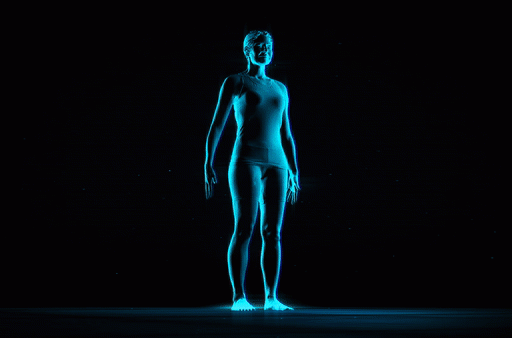
The museum’s Roger Highfield challenged Professor Alice Roberts to iron out the scars of human evolution for a new display. Here, the University of Birmingham anatomist describes her personal quest for perfection.
Discover more about Live Science and other research projects held at the Museum. Live Science is an ongoing project where scientists come into the Science Museum to carry out research using our visitors as volunteers.

The museum’s Roger Highfield challenged Professor Alice Roberts to iron out the scars of human evolution for a new display. Here, the University of Birmingham anatomist describes her personal quest for perfection.
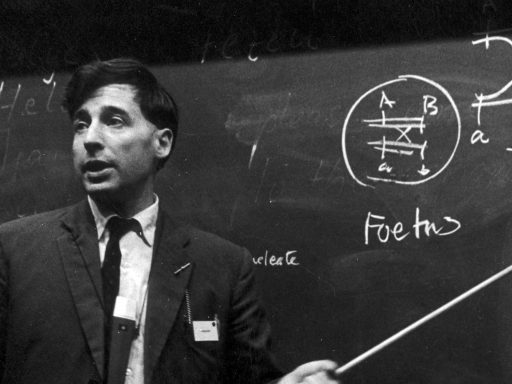
Professor Martin Johnson explores the difficulties experienced by physiologist and Nobel laureate Bob Edwards in his pioneering IVF work.
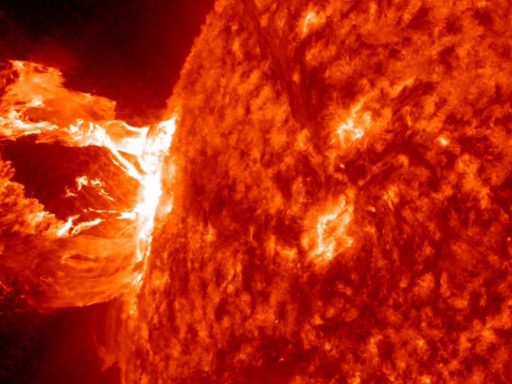
Space weather could wreak havoc on Earth, yet few of us are taking the threat seriously.
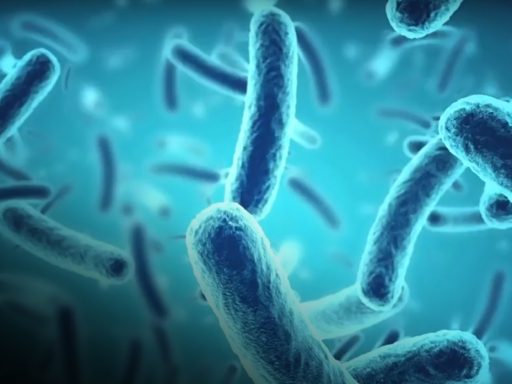
Digital Editor at the Longitude Prize, Shae Harmon, takes us behind the scenes of her new documentary, ‘Fighting Superbugs in India’.
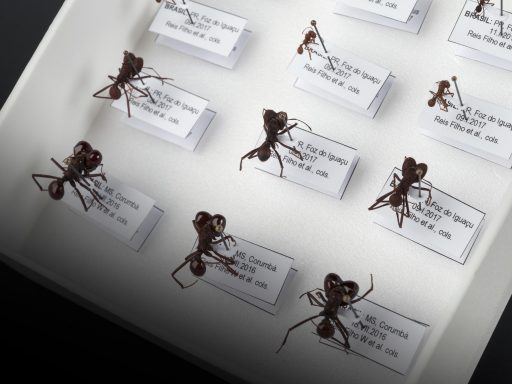
From dragon’s blood to your own faeces, we explore seven unusual places you might not think to look for the next wave of antibiotics.
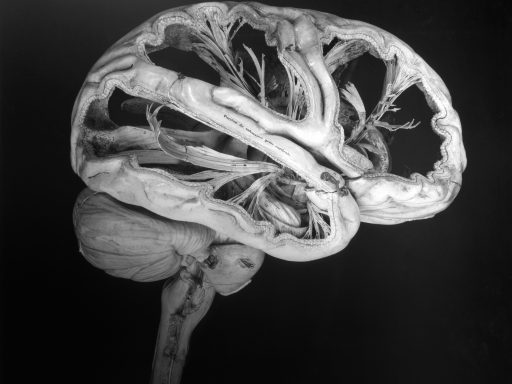
Understanding how different networks in the human brain support human cognition is an inhumanly complicated problem to solve, but it has now been successfully dissected by an artificial intelligence in real time, a new study reveals.
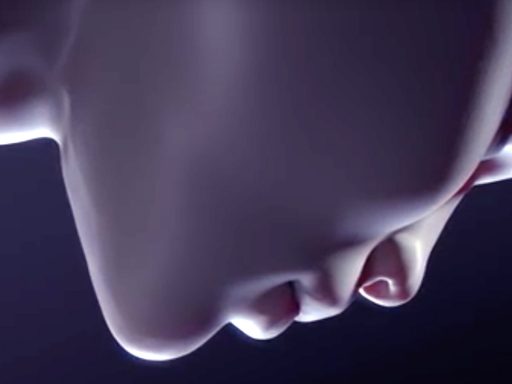
Evidence that drug testing could one day be conducted in a computer rather than on animals has led to a team at the University of Oxford winning a major international prize.
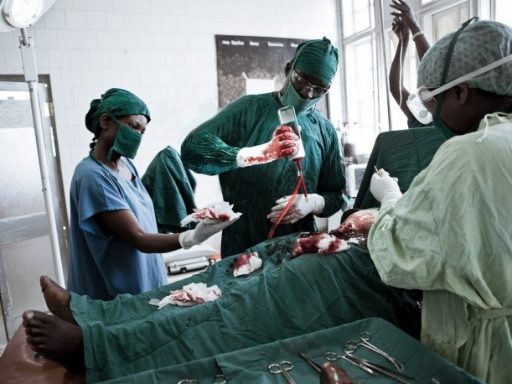
Contemporary Science Volunteer Thea Waxman explores Bloop, a simple, low-cost medical development used to recycle patients’ blood.
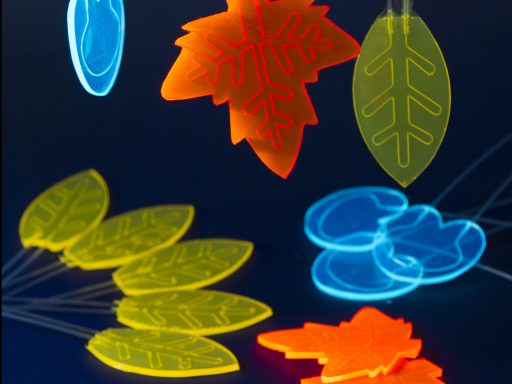
Contemporary Science Research Volunteer, Claudia Cook looks at how we can harness light from the Sun to create medicine.
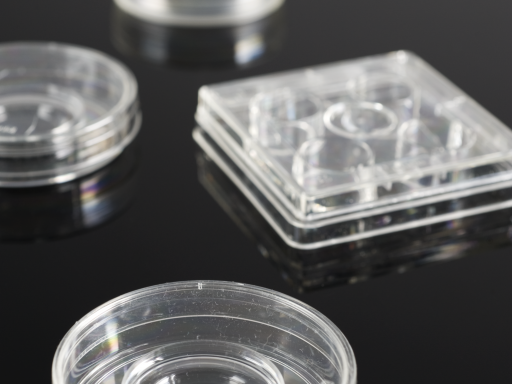
In the run up to a Science Museum exhibition in 2018 to celebrate the 40th anniversary of IVF, Roger Highfield reports from the frontier of reproductive science research.
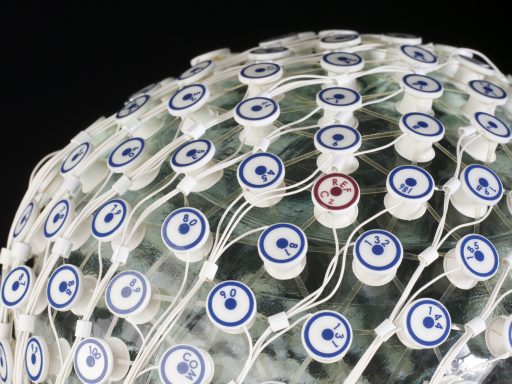
In our latest Live Science experiment researchers from Middlesex University are investigating the relationship between awareness of our own actions and empathy with others.
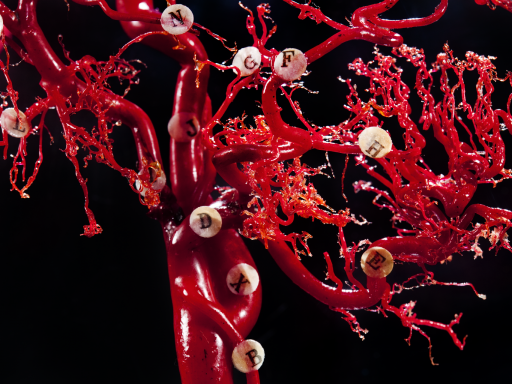
Dr Roger Highfield explains how when we fall asleep, we celebrate the way that most life on our planet is adapted to the rotation of the Earth, and the daily rise and fall of the Sun in the sky.